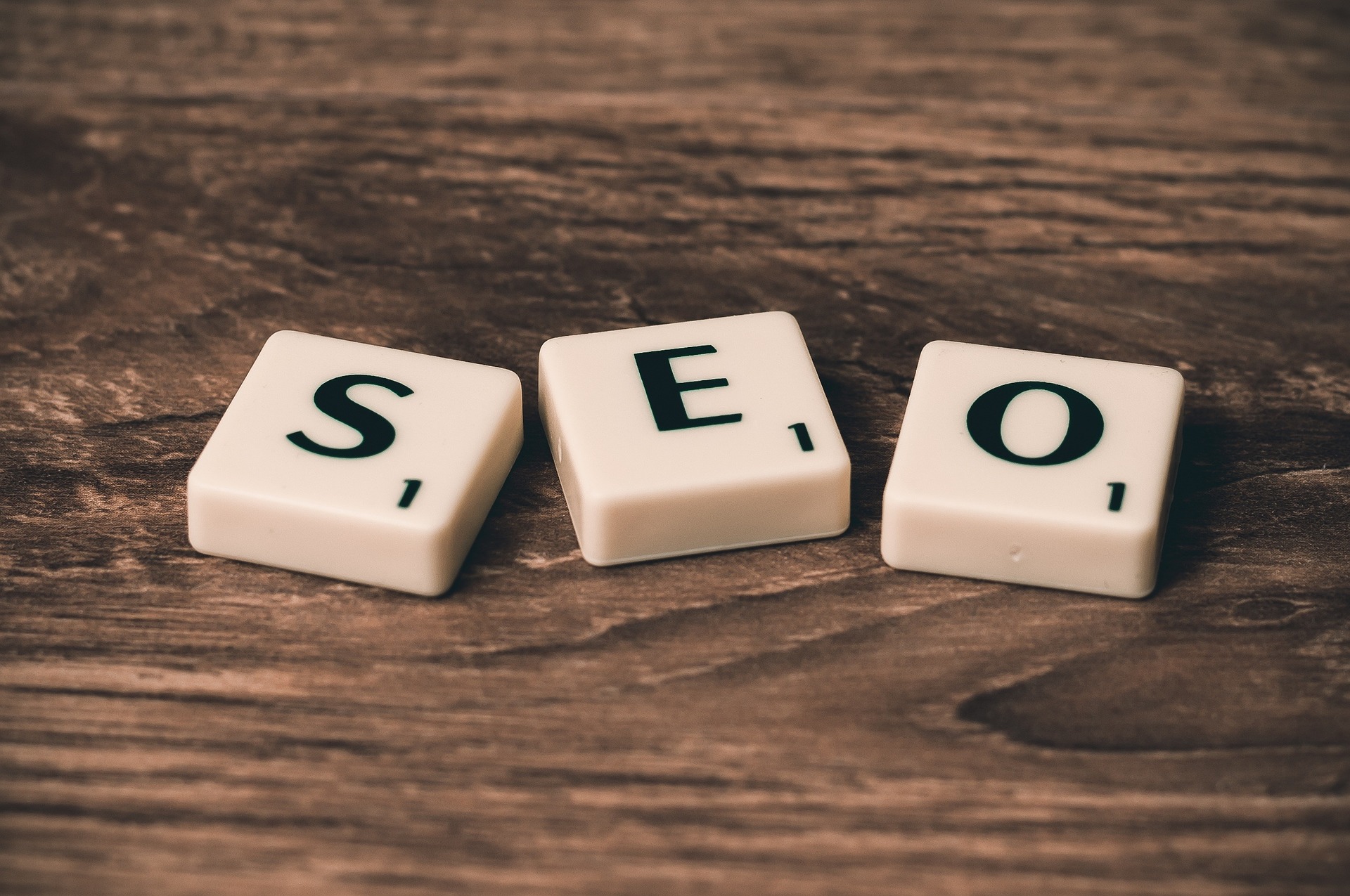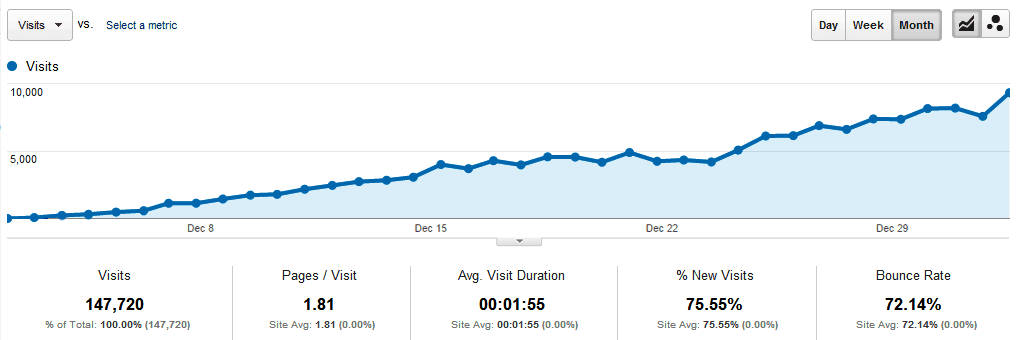
SEO in a nutshell
Search engine optimization (SEO) in a nutshell
Search engine optimization (SEO) helps you promote your business in the unpaid search results. It’s all about getting your site in front of the right people who are searching for your products and services. It is the practice of making changes to web pages, content, and the promotion of that content to improve visibility in the organic —or unpaid—search engine results. E.g. “Investing in SEO helped my website get a higher ranking in search engine results.”
Join us! It will only take a minute
What is SEO?
SEO and search engine optimization refers to a set of practices that serve to increase a website’s traffic either by optimizing the content or by link building to improve domain authority. Today, it has become one of the most important steps in determining the success of a website. All websites and pages need SEO, whether it is an e-commerce site, a blog, landing pages, social media platforms or contact pages.
Different types of SEO
SEO consists two types of optimization techniques
ON-PAGE SEO
On-page search engine optimization includes editing meta tags, increasing keyword density, adding a site-map, building internal links, fixing canonical URLs and upgrading site performance. The most important aspects of on-page SEO are the content on the site and the HTML source code.These efforts are designed to make your content and overall website structure search-engine friendly. As a result, improving website visibility on search engine results pages (SERPs).
OFF-PAGE SEO
Off-page SEO techniques, like on-page SEO techniques, help to improve the visibility of a website on SERPs. RSS feeds development, article marketing, guest posting, social media marketing, blogging, and directory submission are all steps taken to improve off-page SEO scores. Link-building makes up the majority of off-page SEO and is the process of creating links back to your site from other pages on the Internet thus, establishing authority for your site.

Search engines
All search engines including the major players like Google and Bing keep an index of websites, which have been “crawled”. They use spiders or bots of code to crawl the web looking for newly added pages. This process is sped up by interconnected links between various websites (backlinks – establishing an authority for your site). When the search engine bot finds your website or webpages, it indexes that page under relevant categories as well as search terms or keywords. This is where SEO is implemented. If you don’t optimize your pages using relevant keywords, you might not be able to get relevant traffic to your website. In order to make a website successful, relevant traffic is very important!
Search engine optimization Shopify
MarketingOnGoogle recognizes the growing popularity of Shopify. Shopify stores are not exceptions from needing SEO to get more traffic.

Join us! It will only take a minute
Case study
PCTechs case study
PCTechs, our sister company, has been in business since for six years. Recently, we began a new SEO campaign to try to promote our site. Our results are shown in the image on the right where at the beginning of December was the start of our SEO campaign and the end of December is the latest results from our campaign. Our goals were to increase site visits so that more people would see our services and give us a call. We achieved this goal.

Why?
When it comes to getting relevant traffic to a website, organic search is the number one driver.
Search engines can send 300% more highly targeted traffic to a website than social media sites. Search engine optimization therefore plays an important role in a website’s success. It helps to increase ROI and also makes lead generation and conversion more effective and successful.
